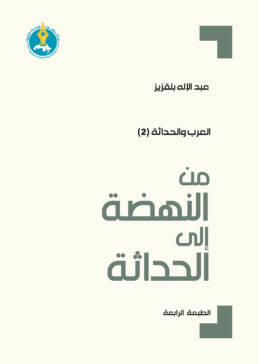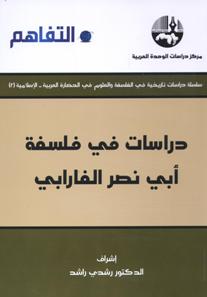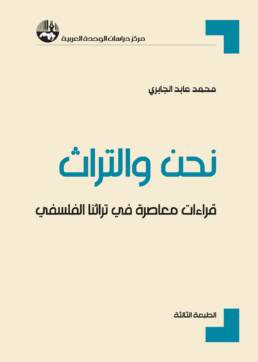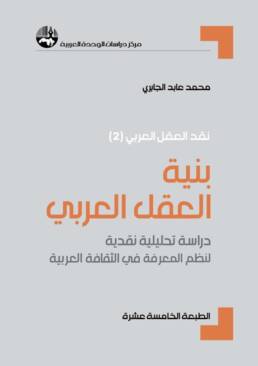The Center for Arab Unity Studies published the sixteenth edition of the book The Formation of Arab Reason by Dr. Mohammed Abed al- Jabri.
With the increasing preoccupation with questions and attempts to answer the reasons for the failure of the Arab renaissance, the Arab thinker, Muhammad Abed Al-Jabri, is heading in an unprecedented search for those answers, knocking on the door of the Arab reason in search of factors that hindered the rise of this reason in preparation for the establishment of an actual integrative Arab renaissance project.
Al-Jabri engages in research into the working mechanisms of this reason, its determinants and components, not as an intellectual, theoretical and cognitive storehouse for various issues, topics and problems in which Arab thought has worked since the late nineteenth century at least until today, but rather as a tool for thinking about those issues, and as a tool for the production of knowledge. Thus, it is a tool for reproducing the Arab-Islamic culture, whose elements, trends and contradictions, in turn, contributed to defining the components of this reason at its various levels (knowledge, political and value), providing a critical structural reading, and a comprehensive review of its mechanisms, concepts, perceptions and visions.
Al-Jabri produced this huge foundational intellectual work for the “Criticism of the Arab Reason” in a series of books consisting of four parts, in which the work took more than twenty years. It searched in the formation of the Arab Reason, its structure, the Arab political Reason and the Arab Ethical Reason.
This first part of the “Criticism of the Arab Reason” series deals with the analysis and criticism of Arab culture; Presenting preliminary approaches to the project of criticizing the Arab reason, the meaning of the Arab reason, the culture to which this reason belongs, and the nature of movement within this culture, and how its time is determined. This approach also identifies the beginning of the formation of the Arab reason and the culture to which it belongs.
This part expands on defining the theoretical components of Arab culture, and the cognitive systems that establish it and clash within it and extract these systems as approaches and visions. Al-Jabri adopts a formative approach, tracing the development of Arab culture in all its branches – grammar, jurisprudence, speech, rhetoric, mysticism and philosophy… – as Interrelated elements in an integrated cultural building.
All of this required the author to resume consideration of the history of Arab culture, its origins, chapters, foundations, paths, and social and political interactions, in order to seek to understand the ideological conflict and the epistemological clash in this culture.
Add a review
You must be logged in to post a review.
You May Also Like
From the Arab Renaissance to Modernity
Price range: 10 $ through 11 $
Studies in the Philosophy of Abu Nasr Al Farabi
Price range: 7 $ through 11 $
We and Our Heritage: Contemporary Readings in Our Philosophical Heritage
Price range: 7 $ through 11 $
Heritage and the Problematic of the Modernist Maghrebi Thought: The Attitudes of Al-Jabri, Arkoun and Laroui
Price range: 11 $ through 18 $
The Structure of Arab Reason: The Epistemological Order of Arab Culture
Price range: 8 $ through 13 $








